Welcome to the fourth episode of Dan Fournier’s Down the Rabbit Hole podcast.
Guest: Donald Best, former Police Detective from Ontario, Canada
In this no-holds-barred interview with Donald Best, a former Toronto Police detective, we go deep into the weeds of corruption in the judiciary as well as in law enforcement itself, and how the system was weaponised against him for exposing corrupt players which included a hellish stint in prison he had to endure.
We also examine the Detective Helen Grus case which is a highly politicised one in Canada.
Finally, we explore how Freemasonry might be playing a role in all of this, along with how it is like to live in Asia compared to the West.
Donald Best along with his co-host Jason Lavigne actually interviewed me in December of 2023. But now, the tables are turned and I get to ask those juicy questions and listen to the fascinating and enthralling responses provided.
Join us for this amazing and highly-revealing talk.
ALTERNATE PODCAST LINK: listen on Spreaker or download the .mp3 for later listening.
Show Time Stamps
[00:00 to 00:48] Podcast intro
[00:49 to 07:54] Guest introduction, his background including his career, growing up in Canada in the 1960s, and how he became a police officer. He also expanded on how he became a seasoned investigator, looking into billion-dollar cases of corruption.
[08:23 to 09:05] How he was convicted of contempt of court in a civil case he was investigating and for which he was later vindicated. This, however, was not before he spent 63 days in prison in solitary confinement.
[09:12 to 14:40] Donald shares his experience working on a very interesting year-long case from 1984 that involved corruption by police officers. He goes on to explain how he and his colleagues were scorned and harassed by fellow police officers for years as a consequence of this investigation which included fabricating evidence against him.
[14:41 to 28:34] Best gives an overview about his own case in 2007 in which he was eventually convicted and sent to prison. He had been investigating a billion dollar case of corruption in Barbados where the country’s own Prime Minister and Chief Justice were deeply involved. In relation to the case for which its tentacles reached Canada, Best had filed a civil law suit (which they eventually won in Florida, USA). He also recalls the harrowing instance in which he himself was beaten on the streets of Toronto as a message, along with how his family was harassed. At this point he left for Asia. In 2009 while traveling in Asia, Best contacted the court in Canada in relation to his case only to find out that a court order had been issued - which he never received - for him to be cross-examined the next day in court. As he could not make it in person, he phoned them to be able to provide testimony by that means and had secretly recorded their conversation which exposed their legal manoeuvring and plotting against him. After a secret hearing - an ex parte trial in which Best was not present nor was made aware of, he was charged with contempt of court on January 10, 2010 which lead to his sentence of three months in prison.
[28:35 to 30:38] Best expands on how upon his return to Canada to face his accusers, no less than 138 lawyers refused to represent him.
[30:39 to 43:00] Best explains how the judge, Superior Court Justice J. Bryan Shaughnessy, disallowed his evidence to be presented and doubled his sentence without any notification. The former Toronto Police detective gives a gripping account of the travesty of justice he experienced - particularly while being incarcerated in solitary confinement at the Lindsay correctional facility in 2013/2014.
[43:01 to 46:03] Best then explains how former retired Ontario Provincial Police OPP Staff Sergeant Jim Van Allen had illegally taken bribes, and how former Conservative cabinet minister and OPP Commissioner Julian Fantino investigated and gave corroborating testimony in Best’s civil trial.
[46:04 to 1:04:18] Best provides a summary overview of the Helen Grus case.
[01:04:19 to 01:08:07] Best describes some of the intimidation and ostracization tactics used against Detective Helen Grus by her own colleagues which included the highly invasive and privacy-crushing method of wiretapping.
[01:08:30 to 01:18:02] How Grus was allegedly intimated by a member of the Ottawa police merely minutes before her hearing, and what is to come next in her case. Best also explains how Detective Grus was refused to see her own hand-written memo book about her investigation for the tribunal.
[01:18:03 to 01:27:24] I ask Donald Best about the seemingly increased tactic or trend of refusing to present evidence or cross-examine witnesses in court or judicial hearings. Best calls it a clear “contravention of natural justice.” Best also speculates as to what might come of the tribunal and what’s scheduled for future hearings.
[01:27:25 to 01:36:13] Here we talk about Freemasonry and how the members of this or other secret societies may have infiltrated some of our institutions.
[01:36:14 to 01:43:56] Best’s opinion on the rule of law and whether police officers should be trusted at all.
[01:43:57 to 01:52:34] On a lighter note, I asked Donald Best to describe his years living in Asia and how that part of the world compares to Canada and the West.
[01:52:40 to 01:54:26] Where people can find Donald Best online (at DonaldBest.ca and on Twitter) and his final thoughts.
[01:54:54 to 01:57:32] Outro (song) - White Rabbit by Grace Slick of Jefferson Airplane.
Show Notes
Donald Best receives 2018 Ontario Civil Liberties Award
In order to more thoroughly introduce our guest, the following information and related videos about an award he received can provide additional insights about the nature and convictions of the man called Donald Best.
The Ontario Civil Liberties Association (OCLA) presented its 2018 Civil Liberties Award to whistleblower and anti-corruption activist Donald Best.
What follows is Donald Best’s acceptance speech, preceded by a video introduction by law professor Julie Macfarlane, Director of the National Self-Represented Litigants Project, University of Windsor.
Best’s Secret Recording
During the podcast interview, Best mentioned that he had secretly recorded a conversation with lawyers that had supposedly sent him an order to appear in court which he says he had never received. The recording appears on Donald Best’s evidence page and can be listened to hereunder.
Solitary Confinement and Torture in Canadian Prisons
During our interview, former Toronto Police Detective Donald Best talked about how he was subject to solitary confinement and sleep deprivation during his inprisonment and how it was tantamount to torture. Click on the image below to view this two-minute video clip:
Section 269.1(1) of the Criminal Code of Canada prohibits the use of torture.
In addition, torture is a contravention to the United Nations Convention against Torture and Other Cruel, Inhuman or Degrading Treatment or Punishment for which Canada is a signatory.
It has also been recently revealed that in another highly-politcised case in Canada involving the “Coutts-4,” there appears to have been similar instances of torture through solitary confinement, as per the observations noted from one of the guests in the following video:
The Helen Grus case
Helen Grus is an Ottawa Police Detective who had initiated an investigation into possible connections between nine sudden infant deaths and the COVID vaccine status of the mothers.
She was subsequently ostracised by her department and is currently facing a charge of ‘Discreditable Conduct’ for having initiated that investigation - for which she was apparently justified to undertake under the scope of her professional duties and the acceptable norms of practice as a Police Detective.
Courthouse Prayers for Ottawa Police Detective Helen Grus on the first day of her trial. Image source: DonaldBest.ca.
During the interview, Best mentions that the Ottawa Police service has formally served Grus with a legal notice that they intend to fire her.
He also mentioned that during her last hearing, Detective Grus was threated (by means of an email) by an Inspector for Professional Standards of the Ottawa Police moments before she was to testify - if she were to present certain documents related to her case; she was “criminally threatened,” Best opines on the matter in this podcast interview.
Detective Helen Grus disciplinary hearing resumes March 25, 2024 for one day with a defense motion to remove Ottawa Police Prosecutor Vanessa Stewart. And a subsequent hearing will resume with five days scheduled May 27-31, 2024 for which Best is likely to attend in person.
It is quite obvious for anyone with eyes to see that the Helen Grus case is a highly politicised one in which the Ottawa Police service appears to be conducting itself in a grossly unprofessional, abusive, immoral and unethical manner (note: this is the personal observation and opinion of the author of this post).
Freemasonry and how its members may have infiltrated some our institutions
During our talk, we contemplated how certain police enforcement officers, lawyers, and judges might be Freemasons or members of other secret societies; and, how this can be an explanation for some of the egregious skulduggery we have been witnessing in judicial proceedings for politcally-charged cases.
Though mostly speculation, the contention remains a true matter of concern.
In Freemasonry, there is something called the Royal Arch which reads as follows and can, perhaps, help to explain the behaviour of actors in certain judicial proceedings which have taken place in Canada over the past several years.
During our talk, I also asked Best if he knows of or thinks it would be a good idea for a Canadian MP to introduce a bill that would require individuals taking posts in law enforcement, as lawyers or judges to disclose whether they are members of secret societies such as the Freemasons for question of transparency to the public they serve. He mostly agreed, further stating that there should also be such kind of requirement for Members of Parliament (MPs) or high-level civil servants who hold dual citizenship.
What do you think? Leave your comment below.
Life in Asia
Donald best has spent years traveling and living throughout Southeast Asia including in countries like Thailand, Vietnam, Laos, Burma, and elsewhere.
He contrasts what its like to live there compared to the West and Canada, including the level of freedom individuals enjoy there.
For instance, unlike in Canada and most Western countries, Thailand has no property tax. The same Kubota tractor that costs $17,000 there costs $29,000 here in Canada.
The picturesque and tranquil view of a rice farm in Thailand.
Signing Off
Special thanks to Donald Best for his generous time, courage, and advocacy which includes speaking out on these important matters and helping others who face similar challenges and travesties of justice.
Feel free to leave comments and/or questions below.
Learn more about Dan Fournier’s Down the Rabbit Hole podcast and the meaning behind its name:
See you next time.
Erratum / Corrections:
Please note that the initial version of this post in the Show Time Stamps section, it incorrectly stated “Ontario Provincial Police OPP Inspector Bill Van Allen” rather than “OPP Staff Sergeant Jim Van Allen.” The correction has been made as of 17:01 on 2024-02-07.
Disclaimer:
Great care has been taken into providing accurate notes for this interview; if ever there are any inaccuracies or incorrection information, please contact the author for possible revisions or corrections to this post. None of what appears in this podcast is to be considered legal advice. Consult the author’s about page for the full disclaimer.
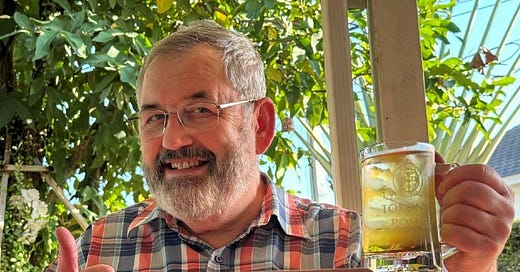



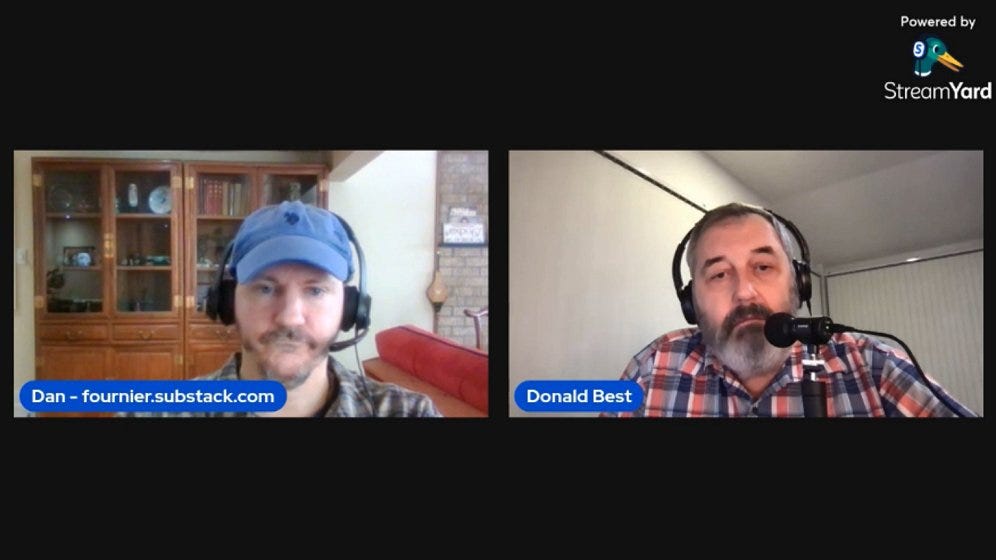

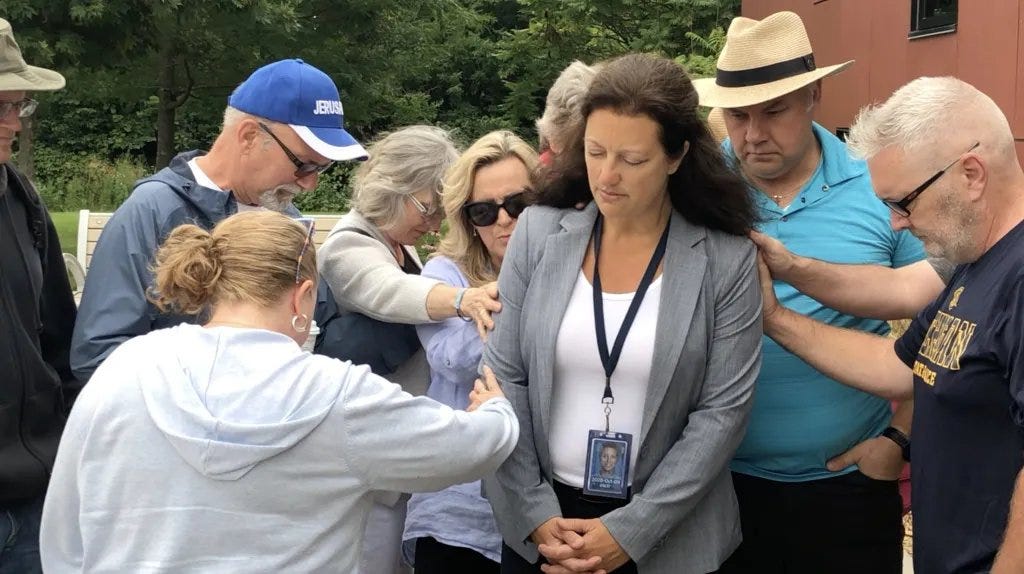
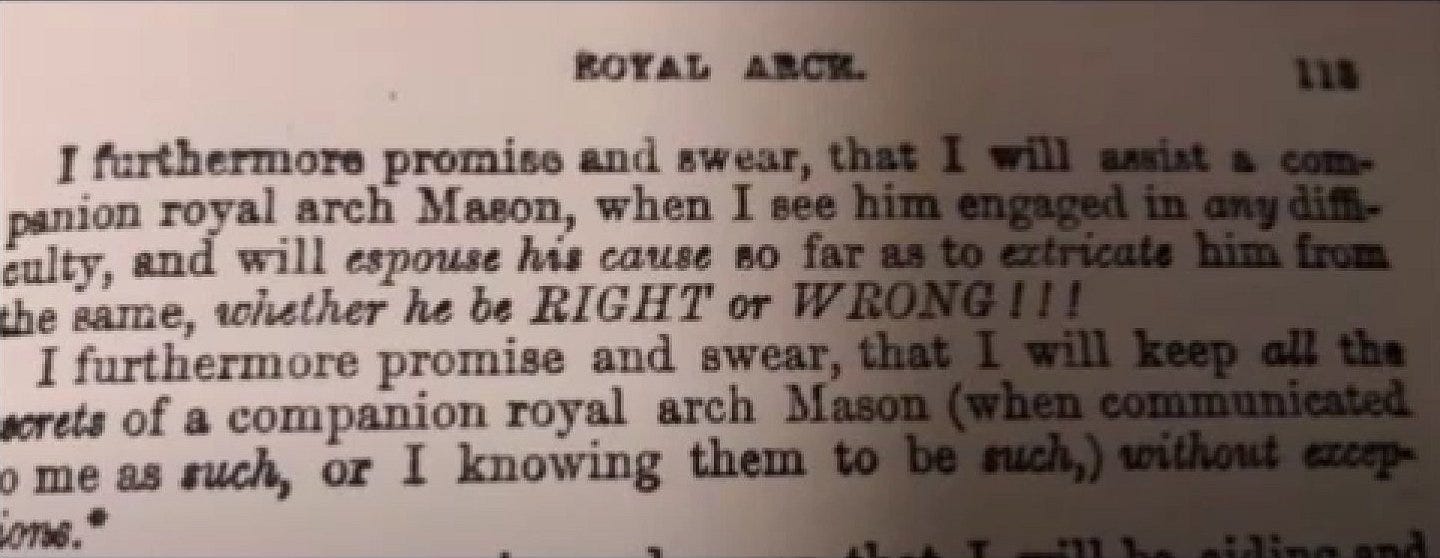


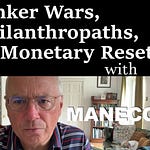

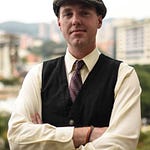
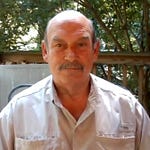
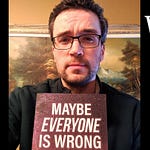
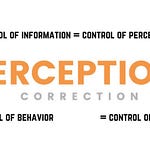
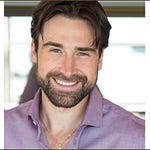
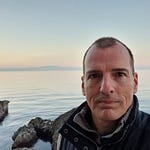
Share this post